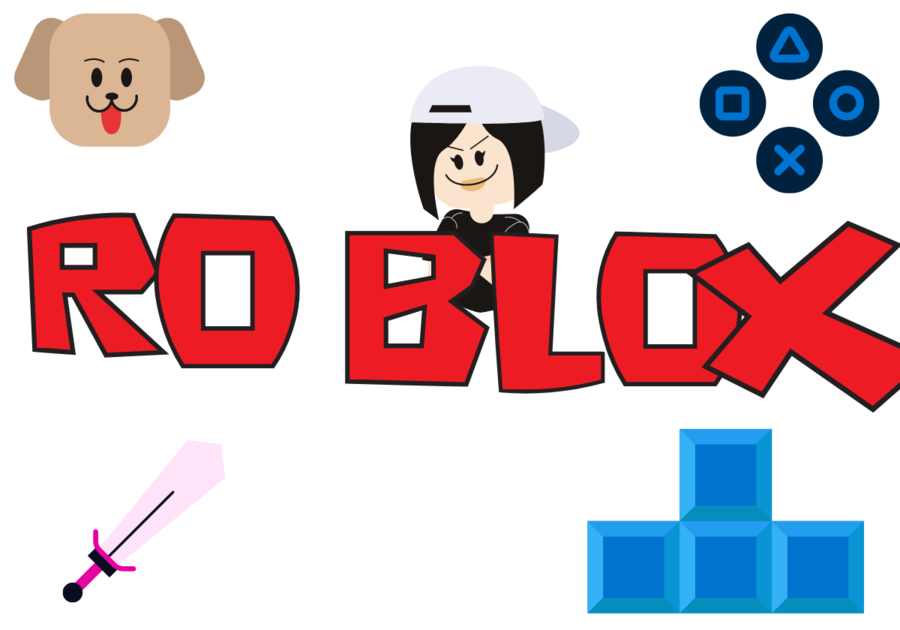Building Creativity: How Roblox Enhances Real-Life Problem-Solving
Staci Nappi:Explore how playing Roblox can equip children with crucial skills translating into real-world problem-solving and creativity.
Unlocking Creativity Through Game Design
Playing Roblox allows kids to unleash their creativity through game design. In Roblox, players can create their worlds, characters, and gameplay mechanics, which encourages them to think outside the box and develop unique ideas. They can design their virtual landscapes, build intricate structures, and even script their game mechanics using Roblox Studio, the platform's development tool. This process teaches children how to conceptualize ideas, plan and organize their creations, and bring their imaginations to life.
By engaging in game design on Roblox, kids learn essential skills that are applicable in real life. They develop problem-solving abilities as they encounter challenges and find creative solutions to overcome them. They learn to think critically and analyze the impact of their design choices on the overall gameplay experience. Additionally, they better understand resource management as they learn to allocate virtual assets efficiently to achieve their desired outcomes. These skills are transferable to real-world scenarios, such as designing products, creating art, or planning events.
Fostering Teamwork and Communication
Roblox offers a collaborative environment that fosters teamwork and communication among players. Many games on the platform encourage players to work together towards a common goal or engage in cooperative gameplay. This allows kids to develop teamwork skills by learning to coordinate their actions and communicate effectively with their peers.
In multiplayer games, players must often strategize, delegate tasks, and rely on each other's strengths to succeed. This promotes effective communication, as they need to convey their ideas, give instructions, and provide feedback to their teammates. By participating in these collaborative experiences, children learn the importance of teamwork, effective communication, cooperation, and vital skills in real-life scenarios like group projects, sports teams, and professional settings.
Developing Critical Thinking and Resource Management
Roblox games often involve complex challenges that require critical thinking and resource management skills. To progress in the game, players need to analyze the situation, evaluate available resources, and make strategic decisions. This enhances their problem-solving abilities and helps them develop a systematic approach to tackling challenges.
Moreover, resource management is crucial in many Roblox games, where players must allocate limited resources to efficiently achieve their objectives. This teaches children the importance of making informed decisions, prioritizing tasks, and optimizing their use of resources. These skills are applicable in real-life situations, such as managing time, budgeting, and making strategic decisions.
Encouraging Persistence and Resilience
Roblox games often present players with tricky obstacles and challenges that require persistence and resilience. Children learn that success may not come quickly, and they need to keep trying and learning from their failures to achieve their goals.
By facing these challenges in Roblox, kids develop a growth mindset and understand that setbacks are opportunities for improvement. They learn to persevere, adapt their strategies, and embrace challenges rather than giving up. These qualities of persistence and resilience are essential in real-life situations, such as pursuing academic goals, facing challenges at work, or overcoming obstacles in personal endeavors.
Connecting Classroom Learning with Virtual World Challenges
Roblox can be a valuable tool for connecting classroom learning with virtual world challenges. Teachers can leverage the platform to create educational experiences that align with their curriculum and enhance students' understanding of various subjects.
For example, teachers can design interactive lessons where students explore historical landmarks, solve math puzzles, or learn about scientific concepts through virtual experiments. This bridges the gap between theoretical knowledge and practical application, making learning more engaging and immersive. By connecting classroom learning with virtual world challenges, children can reinforce their understanding of academic concepts and develop a deeper appreciation for their study subjects.



